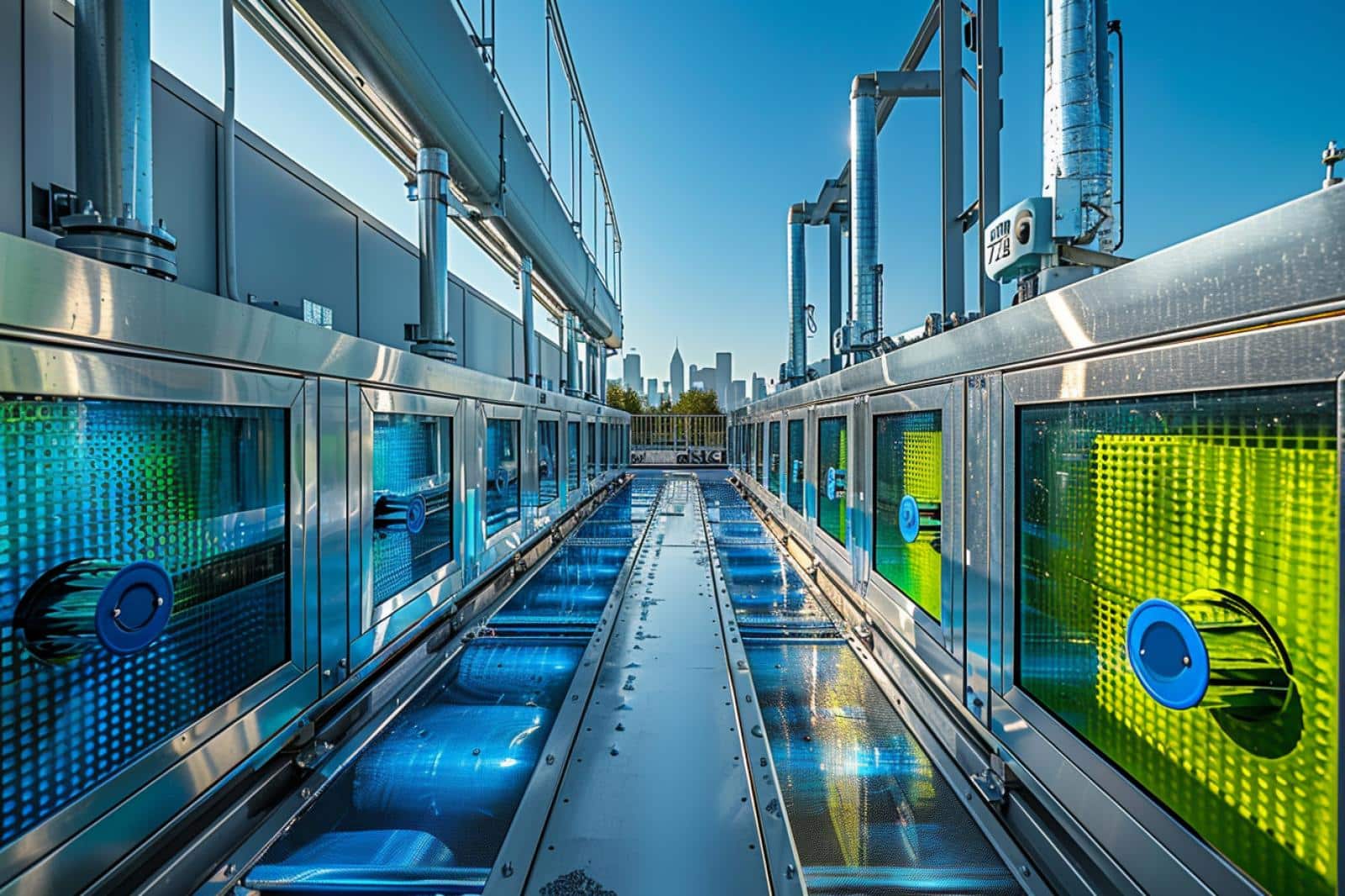How Can Urban Water Reclamation Support Public Health and Sustainability?

Water, an essential commodity for human survival, is a resource we often take for granted. Yet, in many parts of the world, the scarcity of clean, potable water is a critical issue. The rapidly urbanizing world faces the challenge of providing enough clean water for its growing population while also dealing with the environmental impacts of water consumption. One potential solution to this problem lies in urban water reclamation. The process takes treated wastewater and recycles it for various uses, such as irrigation, industrial processes, and even direct potable reuse. But how exactly can urban water reclamation support public health and sustainability?
The Vital Role of Water Reclamation in Public Health
Before delving into the intricacies of urban water reclamation and its impact on public health, let’s first understand what the term means. Water reclamation is the process of converting wastewater into water that can be reused for other purposes. This process not only conserves water but also prevents the discharge of pollutants into our environment.
A lire aussi : How Is Mixed Reality Being Used in Professional Training to Simulate Real-World Scenarios?
Urban water reclamation plays an essential role in public health by providing an additional reliable source of potable water. With the rising demand for water and the increasing severity of drought conditions in various parts of the world, the significance of water reclamation has never been more apparent.
Waterborne diseases have been a major public health concern worldwide. By treating and recycling wastewater, we can reduce the instances of waterborne illnesses, improving overall public health. The reclamation process eliminates harmful organisms and contaminants from the water, ensuring it is safe for consumption and use.
Sujet a lire : How Can You Style a Wrap Blouse for Both Work and Casual Outings?
Additionally, urban water reclamation can also help in managing urban flooding, a rising concern due to climate change. Appropriately managed, reclaimed water can be utilized to replenish groundwater basins and stabilize water tables, reducing the risk of flooding in cities.
Promoting Sustainability through Urban Water Reclamation
Sustainability is a multifaceted concept, encompassing environmental, economic, and social dimensions. Water reclamation taps into all these aspects, making it a key strategy in promoting urban sustainability.
From an environmental perspective, water reclamation reduces the pressure on freshwater resources by providing an alternative water source. It reduces the quantity of wastewater discharged into water bodies, thus protecting aquatic ecosystems from pollution.
Water reclamation also plays a significant role in promoting economic sustainability. The infrastructure developed for water reclamation can create jobs and stimulate local economies. Furthermore, water reclamation can provide a consistent water source for industries, agriculture, and households, even in times of water scarcity, promoting economic stability and resilience.
On the social front, water reclamation can enhance quality of life and societal wellbeing. By preventing water scarcity and ensuring an adequate supply of clean water, urban water reclamation can help in improving sanitation, health, and overall living conditions in cities.
Technological Innovations in Urban Water Reclamation
The effectiveness of urban water reclamation in supporting public health and sustainability depends largely on the technologies used. Advanced treatment technologies are making it possible to reclaim water with higher efficiency and safety.
Technologies such as membrane filtration, reverse osmosis, and advanced oxidation processes can remove a wide range of contaminants including bacteria, viruses, chemicals, and pharmaceuticals. These technologies ensure that reclaimed water meets or surpasses drinking water quality standards, enhancing public trust in reclaimed water.
Innovative technologies are also being developed for resource recovery from wastewater. For instance, nutrients such as nitrogen and phosphorus, which are typically considered pollutants, can be recovered and reused as fertilizers.
The Role of Policy and Public Perception
The success of urban water reclamation is not only dependent on technological advances but also on supportive policies and positive public perception.
Policy interventions can facilitate the implementation of water reclamation by providing regulatory frameworks, financial incentives, and technical support. Policies can also promote research and innovation in water reclamation technologies and practices.
Public perception plays a crucial role in the acceptance and use of reclaimed water. Efforts should be made to educate the public about the safety and benefits of using reclaimed water. Dispelling misconceptions and building public trust can greatly aid in the successful implementation of urban water reclamation.
While urban water reclamation holds great promise in supporting public health and sustainability, it is not a silver bullet. It should be viewed as one component of an integrated water management strategy, complementing other approaches such as water conservation and efficiency, watershed management, and ecological restoration.
Challenges and Solutions in Implementing Urban Water Reclamation
Implementing urban water reclamation is not without challenges. These can range from technical and infrastructural issues to financial constraints and regulatory hurdles. However, viewing these challenges as opportunities can help in devising solutions and advancing the practice of urban water reclamation.
Technical and infrastructural challenges are primarily related to the complexity of water reclamation processes and the need for specialized equipment and facilities. Older cities, in particular, may lack the necessary infrastructure or face difficulties in retrofitting existing systems for water reclamation. These challenges can be addressed through technological innovations and infrastructural upgrades, facilitated by public and private investments.
Financial constraints can pose significant barriers to the implementation of water reclamation projects. The costs involved in establishing and maintaining water reclamation facilities can be substantial. However, these costs can be offset by the long-term economic benefits of water reclamation. Various funding mechanisms, such as public-private partnerships, can also be explored to finance water reclamation projects.
Regulatory hurdles can arise from the lack of clear policy frameworks for water reclamation or stringent requirements that hamper the adoption of reclamation practices. Overcoming these hurdles requires supportive policies that encourage water reclamation and provide clear guidelines for its implementation.
Conclusion: The Future of Urban Water Reclamation
Urban water reclamation is a powerful tool in the quest for water sustainability and improved public health. It holds the potential to revolutionize how we manage our water resources, transforming wastewater from a problem to a valuable resource.
As we look towards the future, it is clear that urban water reclamation will play an increasingly important role in our cities. With advancements in technology, supportive policies, and greater public acceptance, water reclamation can help cities meet their water needs while reducing environmental impacts and bolstering public health.
Nevertheless, urban water reclamation is not a panacea for all water-related challenges. It needs to be part of a holistic approach to water management that includes water conservation, pollution prevention, and ecosystem protection. By integrating urban water reclamation into broader water management strategies, we can ensure a sustainable and healthy future for all.
In conclusion, the progress we make in urban water reclamation today will determine the health and sustainability of our cities tomorrow. Let’s commit to exploring and expanding this vital practice for the benefit of present and future generations.
